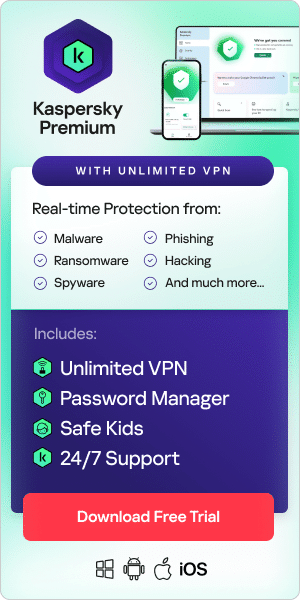
Let your fingers do the clicking, and you can have everything from a new outfit to groceries delivered without ever leaving the couch. It sounds convenient, and it is. Just keep in mind that hackers are waiting to grab your personal information and send themselves a nice new gift, too. Fortunately, there are simple solutions you can use to protect yourself and keep your credit card details from getting stolen online.
(1) Limit Your Risk With One Account
Designate just one credit card for all your online purchases. This way, you keep yourself from exposing multiple accounts to hackers and can easily check for suspicious charges. Some banks even offer special cards for online usage. Get set up to receive text message or email alerts each time a purchase is made on your account. Whenever possible, check out as a guest when making a purchase instead of creating an account that stores your card information in a profile, too.
(2) Get Virtual Account Numbers
Check with your credit card company to see if it offers a virtual-number service. This feature creates a temporary one-time card number for each purchase transaction you make online. Your real card information isn't exposed during the checkout process, but the temporary number is still linked to your account to register your purchase activity. If hackers obtain your data later on, they won't have your real card number.
(3) Create Unique Passwords
Passwords for your online card and banking profiles should be unique and complex to prevent hackers from accessing multiple accounts using the same login information. Generally, an effective password is long, contains both upper- and lower-case letters, has numbers and uses symbols (if permitted). Try using a phrase or an entire sentence to create complexity, replacing words like "to" with the number 2 and "and" with ampersands. Use memorable phrases that you won't forget — but that also don't contain any personal details — and don't write your passwords down anywhere.
(4) Remember "S Is for Secure"
Always make sure your connection to a website is secure. When you see the lock symbol in your Internet browser's URL field, and the address starts with "https" rather than "http", this indicates that the transaction is encrypted. This isn’t 100 per cent safe, since cybercriminals can obtain legitimate security certificates, but it does prevent opportunistic scams.
(5) Use Known, Trusted Sites
Choose retailers that you're familiar with. If you aren't familiar with a site, do some research to find out more about it. Also take note of the design; if it looks off or unprofessional, find your product elsewhere. There are plenty of reputable ecommerce sites to choose from.
(6) Only Shop on Secure Network
For online shopping, only use secure, reputable websites and avoid shopping on public Wi-Fi. Cyber criminals often spy on public Wi-Fi networks and intercept data that transferred across the link. Public network can leave you vulnerable to these attacks enabling hackers to access your confidential financial information, banking credentials, account passwords and other sensitive data. Read more about Public Wi-Fi security.
(7) Use Security Software
Use security software that protects both your desktop and mobile devices. Many of us shop on the small screen, and that can make us more vulnerable to hackers. Cover yourself with antivirus software or a comprehensive Internet Security software that offers protection on all devices.
(8) Update to Stay Safe
Stay on top of updates for your operating system and other software. Often, these updates patch security holes to keep you safer. When you get a notification that an update is available, download it right away.
These tips may seem simple, but they're effective ways to lower your risk when shopping online. It is easier to enjoy some virtual window shopping when you know your credit card details are secure.
Kaspersky Internet Security received two AV-TEST awards for the best performance & protection for an internet security product in 2021. In all tests Kaspersky Internet Security showed outstanding performance and protection against cyberthreats.


